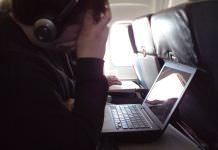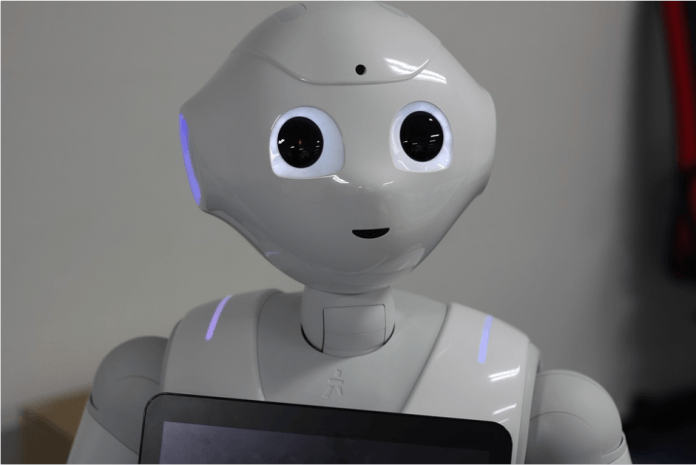While Xiao Yi was able to pass the exam with 96 marks, it lacked the application of knowledge to be deployed in hospitals.
A robot built by Tsinghua University in China has passed the country’s top medical examination. Xiao Yi is the first robot to do so scoring a total of 456 marks. The examination was out of a total of 600 marks and Xiao Yi scored 96 marks above the minimum cut-off required to pass the exam.
It has been reported that the robot was able to study 53 medical books. In addition, it also went through two million medical records and millions of images. Also included in the study material were 400,000 pieces of medical literature. The robot did all this before it appeared for the test said Wu Ji, the director of the lab which created Xiao Yi.
While the exercise did not seem as though it would be very difficult when recalled from memory, Wu Ji explained a few of the complexities involved. He said that the questions for the examination change every year. The robot was able to put things into perspective.
It was able to study and make points of reason. Essentially its decision-making abilities were what made it possible for Xiao Yi to pass the exam. This was reported by local press.
Xiao Yi, will however not be replacing human doctors in hospitals anytime soon. Project manager for the robot said that while it was able to pass the examinations to qualify to become a doctor Xiao Yi lacked the application of the knowledge. The robot is currently not able to possess data in everyday practice he said.
He added that there are certain unexpected situations during diagnoses and handling that the robot might not be able to handle just yet. In a report to the media, it was stated that starting in March next year Xiao Yi would be undergoing medical education and training.
The robot will also be spending time in clinics with doctors. Here it will assist them in diagnosing patients while learning at the same time. It was noted in the report that by doing this Xiao Yi lead the way into shorter treatment times and better diagnostic accuracy. It has also been reported that the research team will work with the National Medical Examination Center to mutually explore how AI can be additionally applied in medical sciences.
In China, robots conducting medical procedures is not a new development. Recently a robot carried out the first ever dental implant. The bot was developed by the Beihang University in Beijing. According to reports, the robot was even been able to adjust to the patient’s movements as well as carry out the exact maneuvers required for the subtle procedure.
















